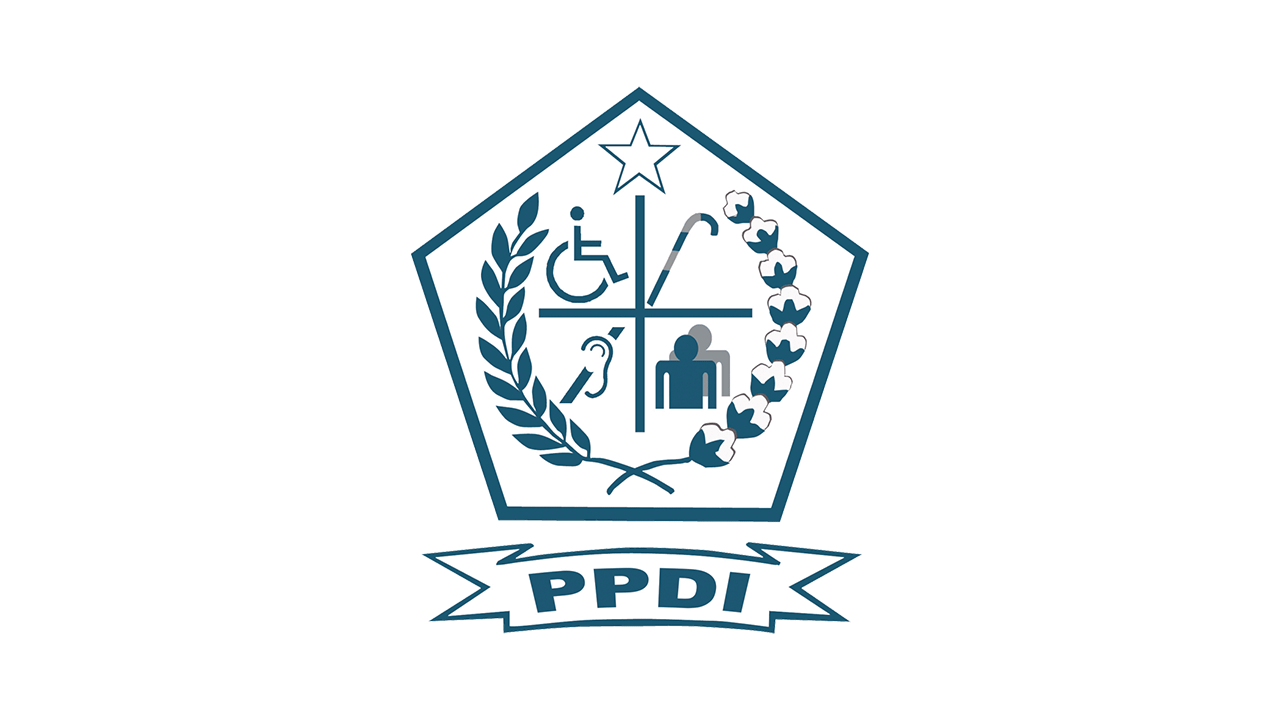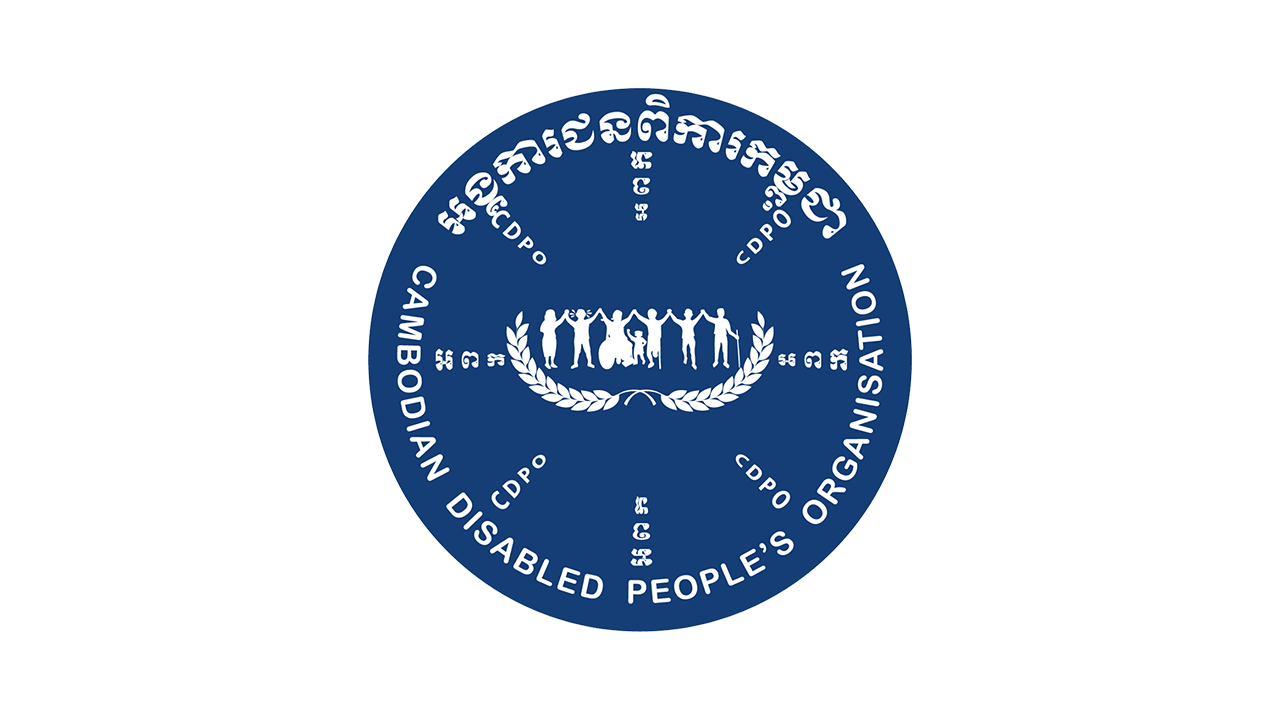Political participation of persons with disabilities in elections was highlighted during the second day of the conference. Participants discussed how to incorporate considerations for disability inclusion into Association of South East Asian Nations (ASEAN) communities and systems.
During his plenary session, Senior Adviser to the Minister of Social Affairs of Indonesia Makmur Sunusi stressed the importance of raising awareness. He noted political participation is rarely addressed within ASEAN Communities and the United Nations Economic and Social Commission for Asia and the Pacific (UNESCAP) – and is not even mentioned in the seven priorities laid out in the ASEAN Decades of Persons with Disabilities.
Another approach Sunusi suggested is establishing working groups that focus on these issues. With a group, stakeholders can share concerns, opinions and experiences. Sunusi added that these working groups do not yet exist within the region.
Yusdiana, program manager for the Indonesian Disabled People Association (PPCI), shared strategies communities can use to increase participation of persons with disabilities. Those strategies include mapping capacities, creating capacity-building activities, increasing advocacy efforts of persons with disabilities and looking for opportunities to send proposals to relevant organizations and institutions.

Participants also discussed the ASEAN Human Rights Declaration (AHRD), which was announced in November. This important document spells out ASEAN’s position on human rights and lays the foundation for legally binding instruments.
Rafendi Djamin, representative of Indonesia to the ASEAN Intergovernmental Commission on Human Rights (AICHR), mentioned in his video message that the AHRD reflects the importance of including persons with disabilities in elections.
Djamin said the AHRD views the rights of persons with disabilities as integral aspects of human rights. This recognition is specifically expressed in the declaration: “The rights of women, children, the elderly, persons with disabilities, migrant workers and vulnerable and groups are an inalienable, integral and indivisible part of human rights and fundamental freedoms.”
Djamin said, “that kind of formulation … would be the basis [for] people with disabilities [to be] included as part of ASEAN Human Rights Declaration.” He called for civil society groups to engage with the AICHR.
Yuyun Wahyuningrum, senior adviser at Human Right Working Group (HRWG), a coalition of Indonesian human rights organization, also called for continuous civil society engagement with ASEAN, albeit in a more careful manner. She said, “We should not be idealistically naive, but rather more tactical and strategic when dealing with ASEAN. Let us look at the declaration as … a living evolving document.”

Wahyuningrum believes the AHRD should be considered as a means to an end. In the context of persons with disabilities, this means the AHRD is one of the tools that can be used to maximize protection for persons with disabilities. However, this should not be considered as the only one. “[The struggle] does not stop here,” she said. Because this is a living document, it is possible to expand and improve its content by producing new conventions or protocols, as well as precedents of implementation.
Wahyuningrum also laid out several concrete objectives that disabled persons organizations can start working toward. One is to aim for the creation of an expert group within the AICHR that deals with the rights of persons with disabilities. She also suggested the creation of an independent election monitoring team to assess the political participation of persons with disabilities in the region.
The three speakers made clear that space exists for engagement with ASEAN regarding the protection of the political rights of persons with disabilities.










